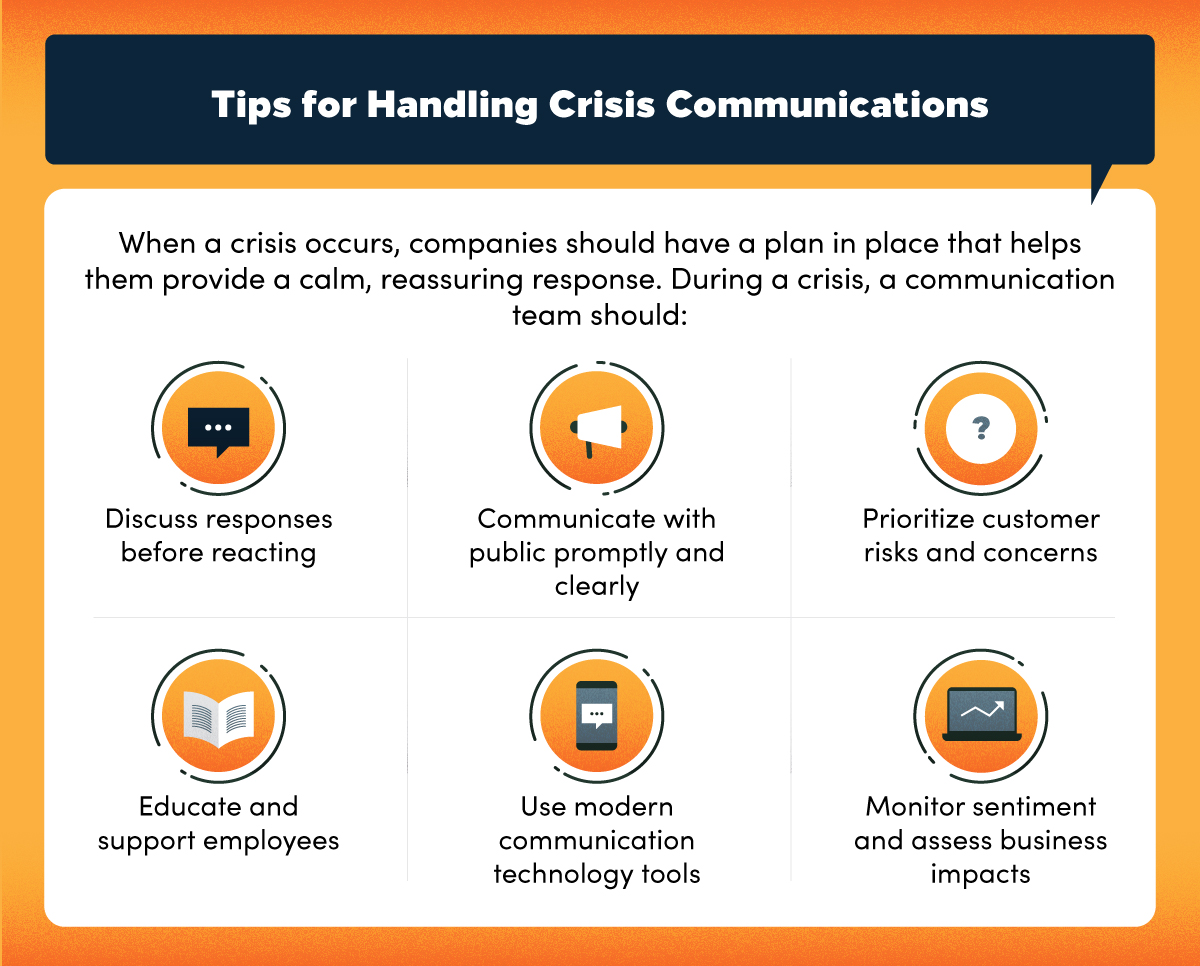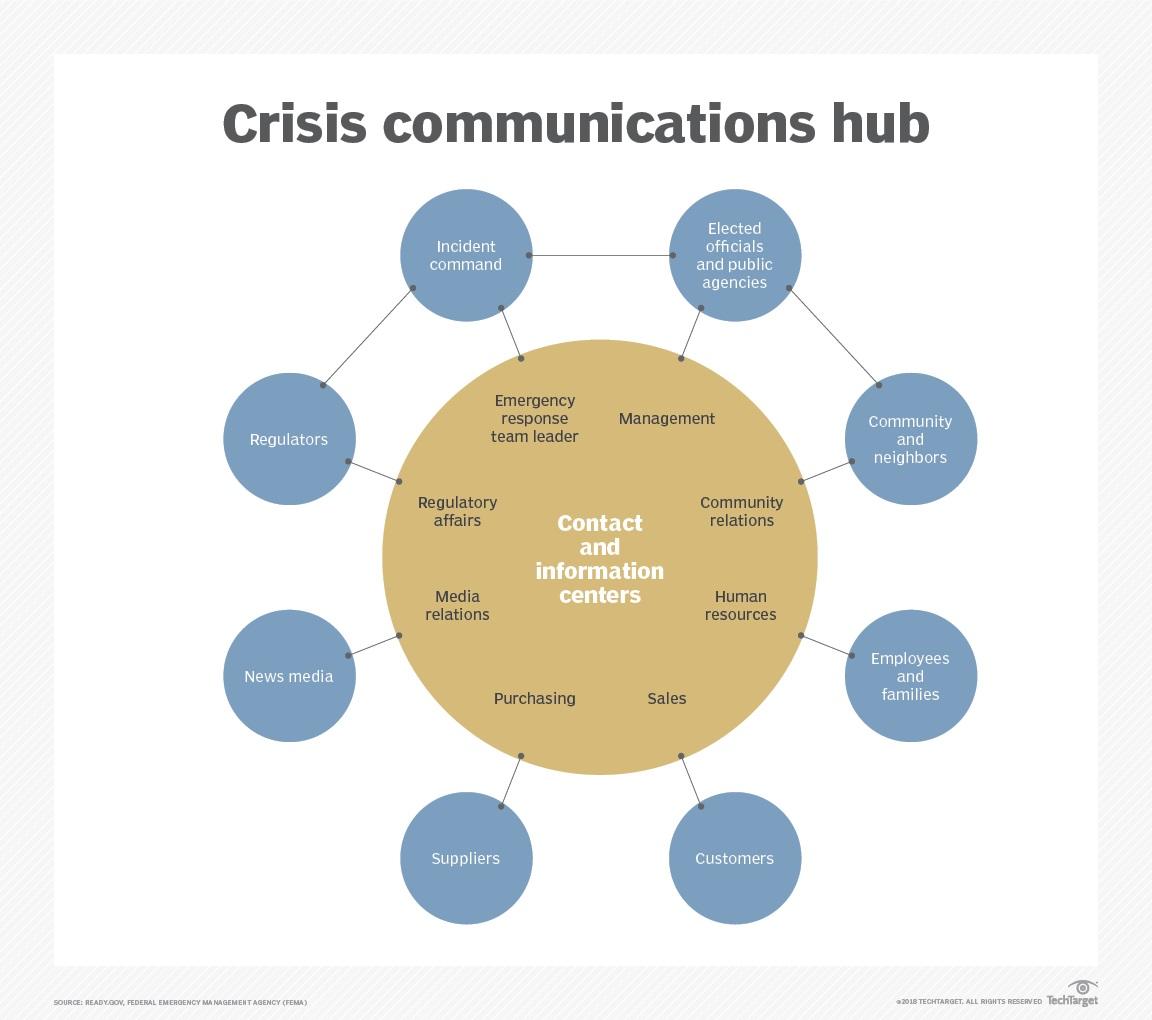WhatsApp has emerged as a powerful tool for crisis communication, enabling real-time information dissemination and coordination. Its widespread adoption and user-friendly interface have made it a vital platform for crisis managers and responders.
In this article, we delve into WhatsApp’s role in crisis communication, exploring its advantages, challenges, best practices, ethical considerations, and future trends. By examining successful campaigns and case studies, we aim to provide valuable lessons learned for effective crisis communication using WhatsApp.
WhatsApp’s Role in Facilitating Crisis Communication
WhatsApp, with its vast user base and diverse features, has emerged as a powerful tool for crisis communication. Its real-time messaging capabilities, group functionality, and ease of use make it an ideal platform for disseminating critical information and facilitating coordination during emergencies.
Advantages of WhatsApp for Crisis Communication
- Real-time Communication: WhatsApp allows for instant messaging, ensuring that information can be shared quickly and efficiently, enabling timely responses to crisis situations.
- Broad Reach: With over 2 billion active users worldwide, WhatsApp has a vast reach, making it possible to disseminate information to a wide audience during a crisis.
- Group Functionality: WhatsApp’s group chat feature enables the creation of dedicated communication channels for specific stakeholders, facilitating targeted information sharing and coordination.
- Multimedia Support: WhatsApp supports the sharing of multimedia content, such as images, videos, and documents, which can be particularly useful for providing visual aids and instructions during a crisis.
- Ease of Use: WhatsApp is a user-friendly platform, making it accessible to individuals of all technical backgrounds, ensuring that critical information can be shared and understood by all.
Successful WhatsApp-Based Crisis Communication Campaigns
- Kerala Floods (2018): WhatsApp played a crucial role in coordinating relief efforts during the devastating floods in Kerala, India. WhatsApp groups were used to connect volunteers, government agencies, and affected individuals, enabling the timely distribution of aid and essential information.
- Ebola Outbreak (2018-2020): WhatsApp was used to disseminate accurate information about the Ebola outbreak in the Democratic Republic of Congo, helping to combat misinformation and promote preventive measures.
- COVID-19 Pandemic: WhatsApp has been extensively used during the COVID-19 pandemic to share health guidelines, updates, and support resources, playing a vital role in mitigating the spread of the virus.
Challenges of Using WhatsApp for Crisis Communication

WhatsApp’s simplicity and accessibility make it a valuable tool for crisis communication, but it also comes with potential drawbacks and limitations.One challenge is the spread of misinformation. In a crisis situation, unverified information can spread rapidly through WhatsApp groups and chats.
This can lead to confusion, panic, and even danger. For example, during the 2018 Kerala floods in India, WhatsApp was flooded with false information about the extent of the flooding and the availability of aid. This caused unnecessary panic and made it difficult for people to get accurate information.Another
challenge is the lack of control over content. Once a message is sent on WhatsApp, it can be forwarded to anyone, even people outside the intended audience. This can make it difficult to control the spread of sensitive or confidential information.
For example, during the 2016 US presidential election, WhatsApp was used to spread fake news and propaganda. This raised concerns about the potential for WhatsApp to be used to manipulate public opinion.
Best Practices for Using WhatsApp in Crisis Communication
WhatsApp offers a range of features that can be effectively leveraged for crisis communication. Key strategies include:
- Establish a dedicated crisis response group: Create a specific WhatsApp group for crisis communication, involving relevant stakeholders, responders, and community members.
- Disseminate accurate and timely information: Utilize WhatsApp’s broadcast feature to disseminate essential updates, safety guidelines, and official announcements to a large audience.
- Facilitate two-way communication: Encourage group members to share information, ask questions, and provide feedback, fostering a collaborative and responsive environment.
- Leverage multimedia capabilities: Share images, videos, and documents to provide visual context and enhance communication clarity.
- Utilize WhatsApp’s encryption: Ensure privacy and confidentiality by utilizing WhatsApp’s end-to-end encryption, protecting sensitive information shared within the group.
Step-by-Step Guide to Setting Up and Managing a WhatsApp Group for Crisis Response
- Create a new WhatsApp group: Designate a specific group name and add relevant participants.
- Establish group rules and guidelines: Artikel clear expectations for group behavior, communication protocols, and information sharing.
- Assign group administrators: Identify individuals responsible for moderating discussions, managing group settings, and ensuring adherence to guidelines.
- Monitor group activity: Regularly review group messages, respond to queries, and address any emerging issues promptly.
- Maintain a record of group communications: Archive or document important discussions and decisions made within the group for future reference and accountability.
Ethical Considerations for WhatsApp Use in Crisis Communication
Utilizing WhatsApp for crisis communication carries ethical implications that require careful consideration. To ensure responsible and ethical use of the platform, the following guidelines should be adhered to:
Respect for Privacy
WhatsApp messages are private communications. Sharing sensitive information, such as personal data or photographs, without consent can violate privacy rights. It is crucial to obtain explicit permission before disseminating such content.
Accuracy and Verification
In crisis situations, it is imperative to prioritize the dissemination of accurate and verified information. Spreading rumors or unconfirmed reports can cause harm and undermine trust. Before sharing any content, verify its authenticity through reliable sources.
Avoid Exploitation
Crisis situations can be vulnerable times for individuals. Using WhatsApp to exploit or take advantage of people’s vulnerabilities is unethical. Avoid requesting personal information or financial assistance without proper authorization.
Transparency and Accountability
Be transparent about the purpose of using WhatsApp for crisis communication and the nature of the information being shared. Provide clear channels for feedback and address concerns promptly.
WhatsApp’s Impact on Crisis Communication
WhatsApp has profoundly transformed crisis communication practices, revolutionizing the way organizations and individuals respond to and manage crises.
Compared to traditional crisis communication channels such as press releases, broadcast media, and social media, WhatsApp offers several unique advantages:
Enhanced Communication Speed
- WhatsApp enables instant, real-time communication, allowing organizations to disseminate critical information and updates rapidly during a crisis.
- This immediacy helps minimize the spread of misinformation and ensures that accurate information reaches affected individuals and stakeholders promptly.
Targeted and Personalized Communication
- WhatsApp allows organizations to create targeted broadcast lists and groups, enabling them to tailor their messaging to specific audiences based on their location, demographics, or other relevant factors.
- This personalization ensures that individuals receive the most relevant and actionable information during a crisis.
Enhanced Collaboration and Coordination
- WhatsApp facilitates seamless collaboration between multiple stakeholders, including government agencies, non-profit organizations, and community leaders.
- The platform enables real-time information sharing, coordination of response efforts, and the dissemination of resources.
Community Engagement and Empowerment
- WhatsApp empowers individuals to participate actively in crisis communication by providing a platform for sharing updates, reporting incidents, and seeking assistance.
- This two-way communication loop fosters a sense of community and empowers individuals to contribute to the collective response.
Future Trends in WhatsApp’s Role in Crisis Communication

As technology continues to evolve, so too will WhatsApp’s capabilities for crisis communication. Emerging trends and advancements point towards a future where WhatsApp becomes an even more integral tool for disaster response and emergency management.
One key trend is the integration of artificial intelligence (AI) into WhatsApp’s platform. AI-powered chatbots can provide automated support and information to users during crises, helping to reduce the burden on human responders. For example, a chatbot could provide real-time updates on the situation, answer frequently asked questions, or connect users with resources and support services.
Enhanced Data Analytics
Another trend is the increasing use of data analytics to improve WhatsApp’s crisis communication capabilities. By analyzing data on user behavior and message content, organizations can gain insights into the effectiveness of their crisis communication efforts and identify areas for improvement.
Collaboration and Partnerships
WhatsApp is also likely to strengthen its collaboration with other organizations and platforms to enhance its crisis communication capabilities. Partnerships with government agencies, non-profit organizations, and other tech companies can enable WhatsApp to provide more comprehensive and coordinated support during crises.
Last Point
WhatsApp’s transformative impact on crisis communication has revolutionized the way we respond to and manage crises. Its ability to facilitate rapid information sharing, coordinate relief efforts, and provide support has proven invaluable. As WhatsApp continues to evolve and integrate new features, its role in crisis communication is expected to expand even further, empowering communities and organizations to navigate crises effectively.
FAQ Section
What are the key advantages of using WhatsApp for crisis communication?
WhatsApp offers several advantages for crisis communication, including its wide reach, real-time capabilities, ease of use, and ability to share multimedia content.
What are some common challenges associated with using WhatsApp for crisis communication?
Potential challenges include information overload, privacy concerns, language barriers, and the need for reliable internet connectivity.
How can I set up and manage a WhatsApp group for crisis response?
To set up a WhatsApp group for crisis response, create a group with key stakeholders and establish clear guidelines for communication, information sharing, and decision-making.
What ethical considerations should be taken into account when using WhatsApp for crisis communication?
Ethical considerations include respecting privacy, ensuring accuracy of information, and avoiding the spread of misinformation or rumors.



